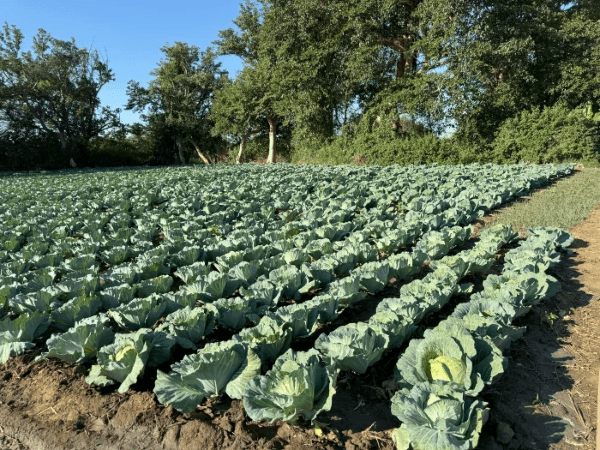What does “nutrition” really mean?
Did you know that even if someone has a full belly, they might still be lacking important nutrients? “Nutrition is the process of consuming, absorbing, and using nutrients from food that are necessary for growth, development, and maintenance of life” (NIEHS). When we eat, our food breaks down into macronutrients — like proteins, fats, and carbohydrates — which give us energy and help our bodies grow strong. It also gives us micronutrients — vitamins and minerals — which keep our body working properly and protect us from getting sick. Our bodies need different amounts of each nutrient, so it is important to eat a variety of foods to get all of the essential nutrients.
Why nutrition matters for everyone
Proper nutrition is important because nutrition affects every aspect of our lives, from our immune system, to our ability to work and learn. In Zambia, children are affected by malnutrition, with 32% of children under five being stunted (short height for age). This affects not just height, but also brain function, school performance, and long-term potential. Nutrition is important at all life stages, but especially during pregnancy and in children. A diet should include vegetables for vitamins; legumes, groundnuts, meat and/or dairy for protein; carbohydrates from wheat, maize, fruit and other sources; and fats from foods like nuts, soy, and dairy. The most complete diet for a baby is breast milk and it should be exclusively fed for at least the first six months. A diet that is rich in nutrients keeps people healthy, reduces chronic disease risk, and allows people to work and live well, giving people more energy for their family and daily challenges.

How does The Harvest Fund encourage a nutritious diet through sustainable farming?
In Zambia, many families rely on and only grow maize, which depletes soil health and lacks essential nutrients, such as protein, vitamins, and minerals. The Harvest Fund provides training to its cooperatives on a variety of topics, including irrigation, crop diversification, pest management, business practices, food preservation, and sustainable farming. These techniques go hand in hand with nutrition. Healthy soils are created through the efficient use of crop rotation, fertilizer use, pest management, and smart water use. Rotating crops reduces diseases and pests. It breaks pest cycles and restores soil health. Additionally, crop rotation or intercropping adds nutrients to the soil, such as legumes fixing the nitrogen that maize depletes, both of which are examples of sustainable farming. We encourage these practices because they increase the diversity of plants farmers produce, expanding what farmers can sell and feed to their family. Healthy soils produce higher yielding, more nutritious crops. Examples of crops grown by the cooperatives include tomatoes, onions, legumes, groundnuts, okra, cabbage, and rape, in addition to maize. We will directly provide the inputs for tomatoes, onions, maize, and cabbage, while suggesting the planting of the other crops. Food preservation methods are introduced to the farmers to increase shelf life, so that they have access to healthy food year-round and can sell the surplus.
The Harvest Fund promotes crop diversification and techniques that increase yield and profitability. Certain crops can be sold for more money, especially during the off season. We educate the farmers about marketing strategies and when to plant certain crops to get the highest profit, helping women support their families. Increased income allows these women to invest their earnings in different ways, such as buying more food or expanding the crops they grow. Some examples of crops that fetch a higher price are tomatoes, chiles, and okra. We provide solar powered irrigation systems, another sustainable farming technique, that keep the co-ops operating year round, increasing yields, reducing hunger, and providing the opportunity for families to earn more and improve their health. Year-round farming lets farmers grow diverse crops, improve soil health, and reduce malnutrition. We empower women not only to increase their income and practice sustainable farming but also to improve their families’ nutrition and health.
